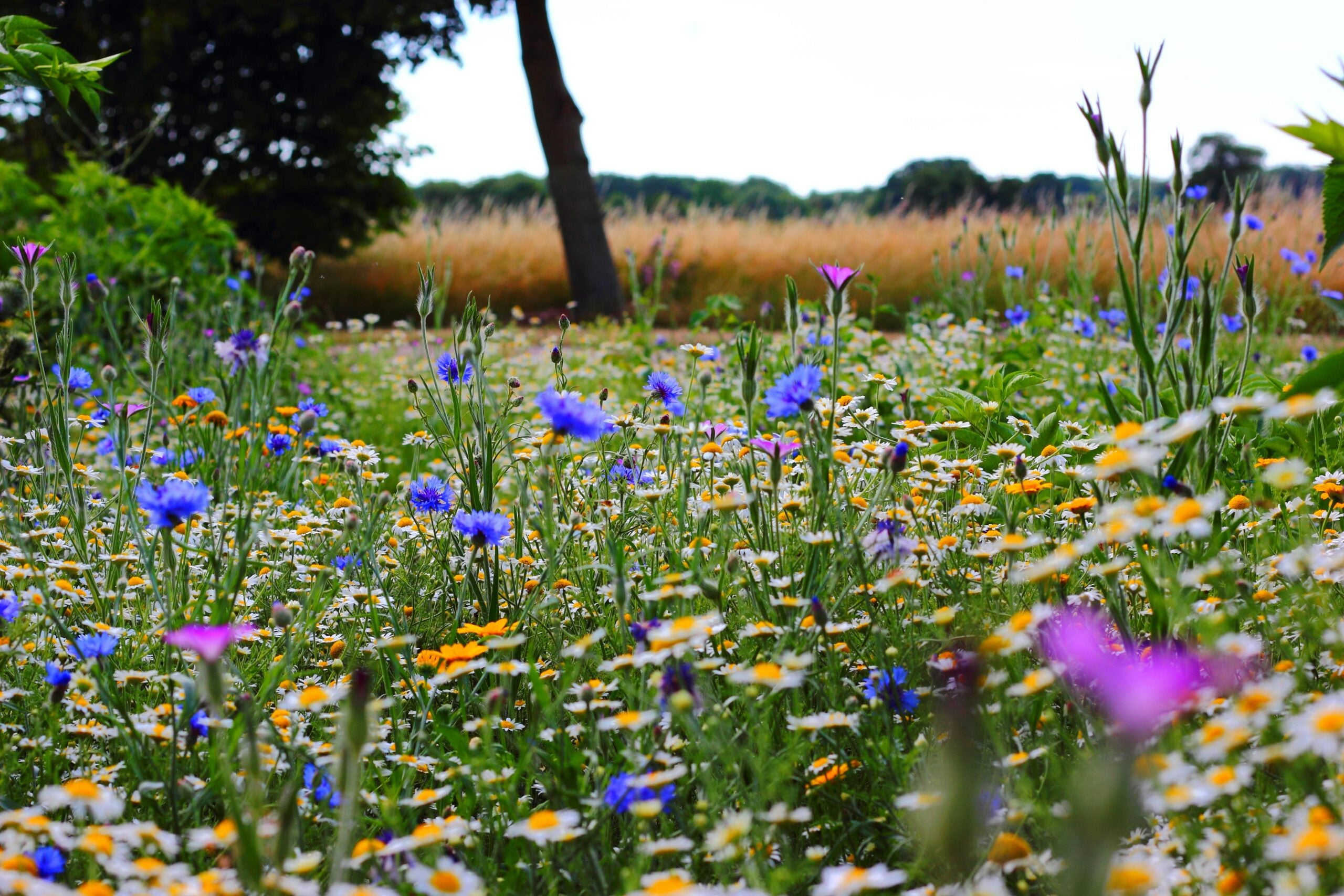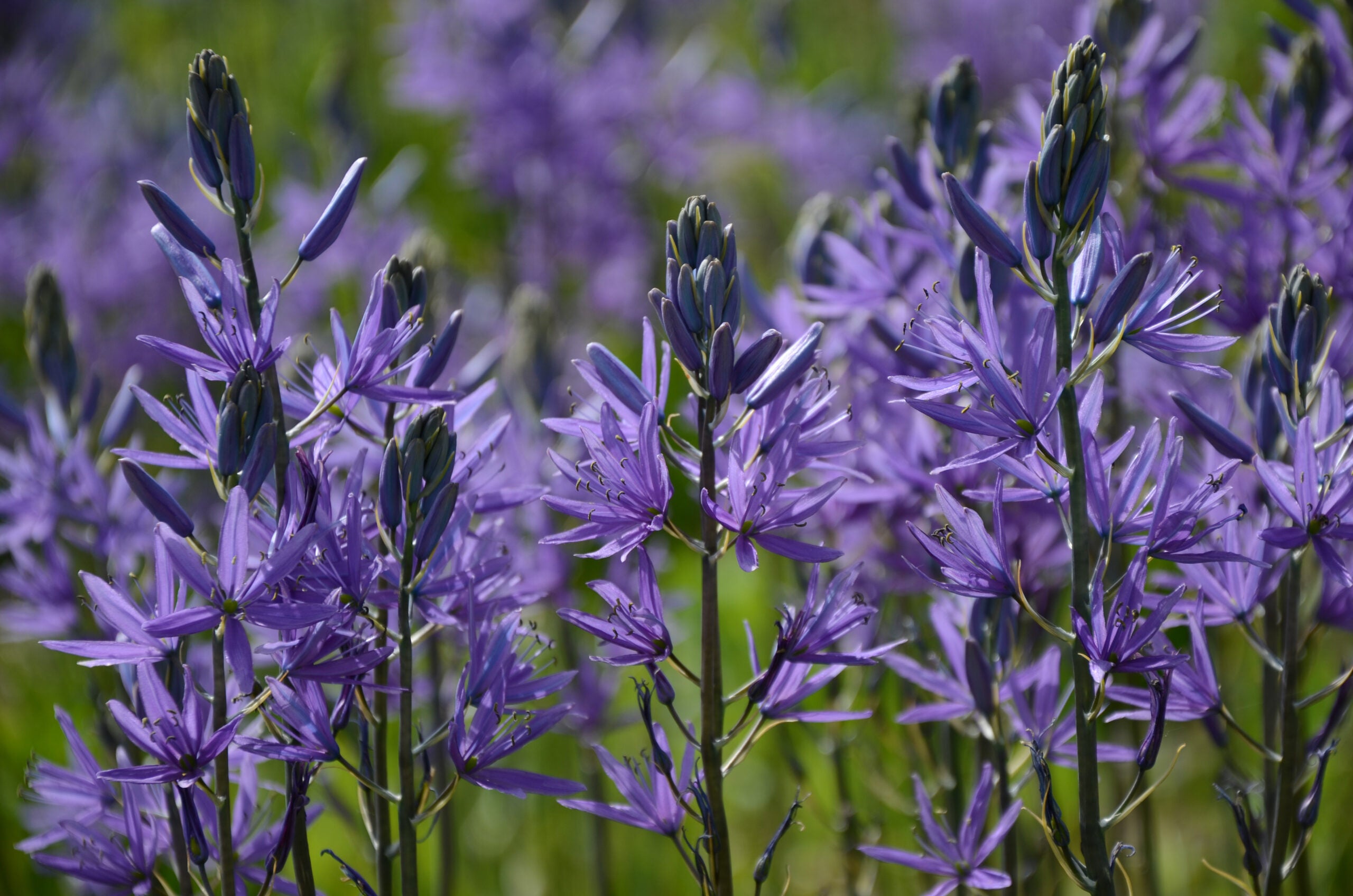Organic Pilot Programs
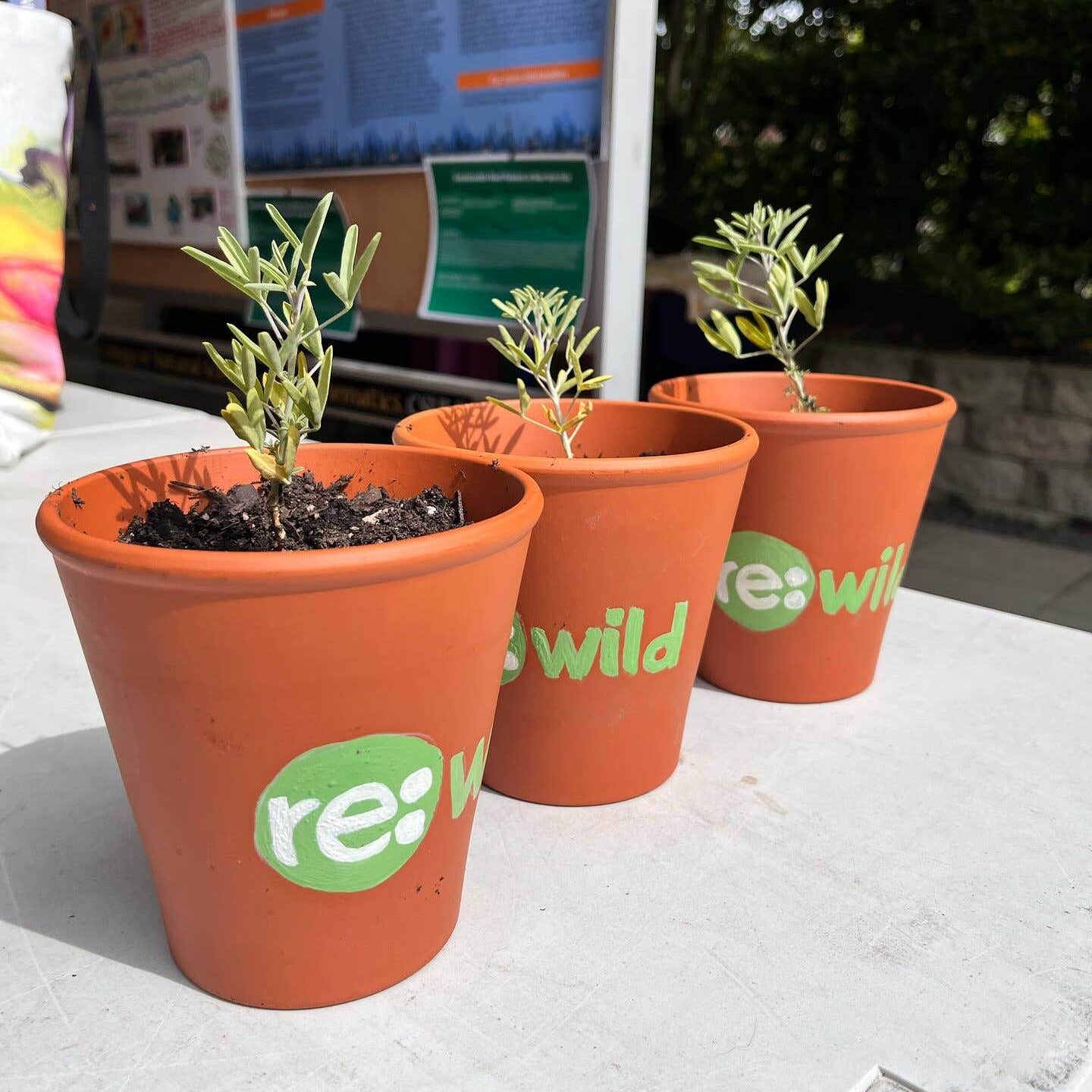
Rethink your campus landscapes.
See the Results Hereopens in new tab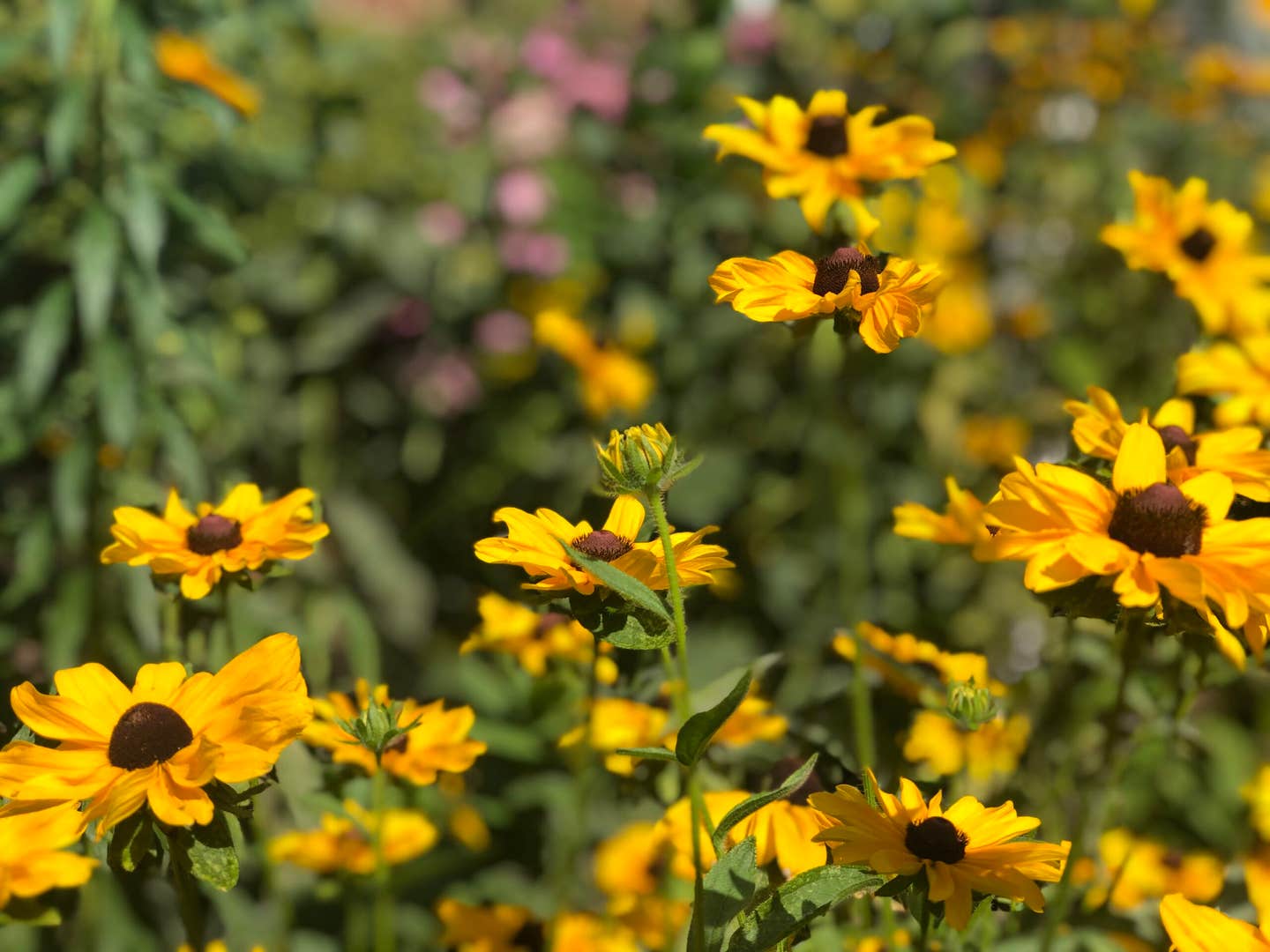

How It Works
You don’t need synthetic fertilizers and pesticides to keep your campus looking pristine.
Our 2–3 year Organic Pilot Program gives grounds teams the tools and training they need to manage lawns, sports fields, and landscapes organically—protecting both people and the planet.
By joining the movement, your campus can be part of this growing network of institutions transforming the way landscapes are cared for, proving that beautiful lawns and sustainable practices can go hand in hand.
Our 2–3 year Organic Pilot Program gives grounds teams the tools and training they need to manage lawns, sports fields, and landscapes organically—protecting both people and the planet.
By joining the movement, your campus can be part of this growing network of institutions transforming the way landscapes are cared for, proving that beautiful lawns and sustainable practices can go hand in hand.
Choose pilot sites
We work with you to identify suitable representative sites.
Soil testing & analysis
We guide your team to collect soil samples for lab testing.
Custom action plan
Our experts analyze results and create a tailored plan of action.
On-the-ground training
Grounds staff learn hands-on organic techniques.
Student engagement
Students join the process, raising awareness and progress.
Campus-wide transition:
As staff gain confidence, the program expands across campus.
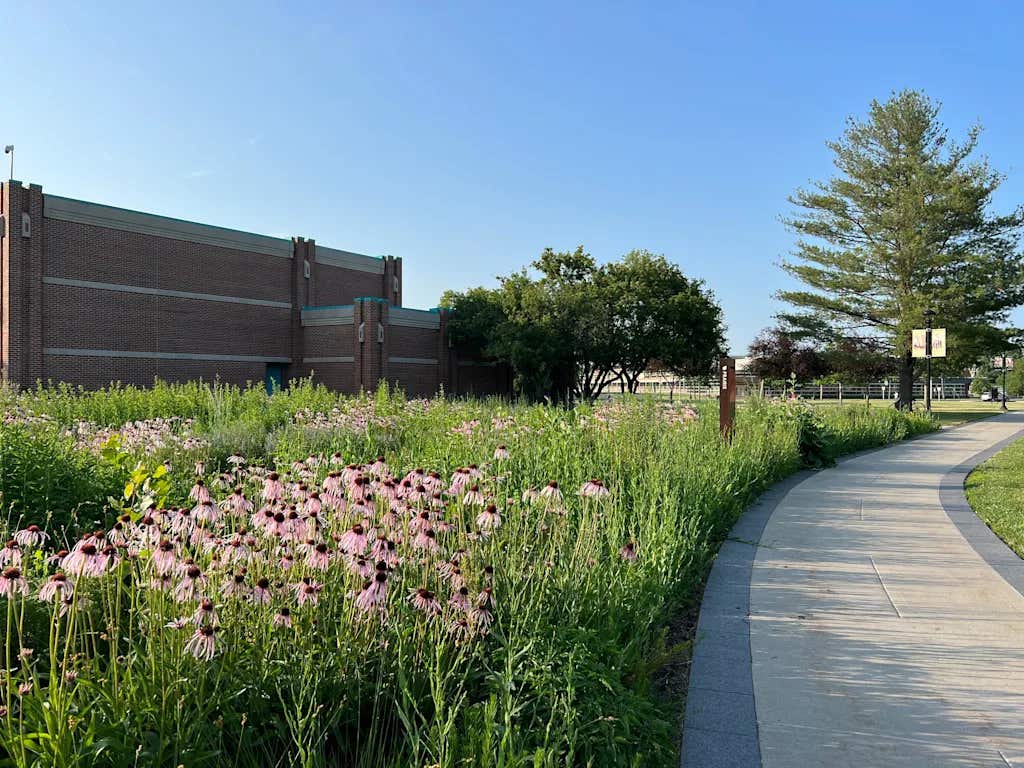
Why It Matters
Ready to Re:wild Your Campus?
Whether you want to go toxic-free with organics or transform lawns into wildlife-friendly ecosystems, we’ll work with you every step of the way.
Reach out to us at campus@rewild.org to start the conversation.
